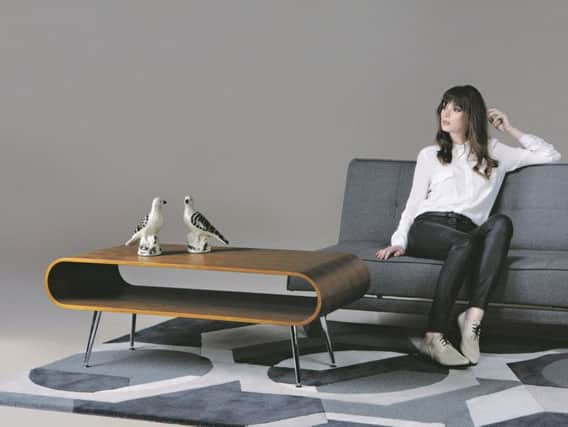Rashmi Dube: Why businesses must adapt to the next generation


So it’s perhaps surprising that what catches my eye amongst the heavy mist of unrest in the arena of business and politics is the record price of a painting being sold for just under £9.9m (original sold for £1.5 –£2m) at auction at Sotheby’s.
The painting was Devolved Parliament by Banksy. It wasn’t the price or the subject of the art that caught my eye but the sheer purchase of the painting (particularly its size) in light of a recent article I had read about Made.com. Made.com has recently revealed that it is adapting its offering by moving into the rental furniture market and exploring how to meet the needs of Generation Rent – customers who might be reluctant to buy expensive furniture for somewhere that isn’t a permanent home but still appreciate quality.
Advertisement
Hide AdAdvertisement
Hide AdMade.com is not the first business to realise that the consumer market is changing at a drastic rate and that the focus has shifted to less ownership and more on experiences. The next generation is evolving quicker than before and the questions we need to ask are: can the market keep up and what will 2025 even look like?
This of course is not a new phenomenon. Society has always changed and evolved through adaption and is frequently led by business and the next generation forging ahead with new ideas and ideals.
Today, the next generation is still changing, adapting and shaping the future – just at a quicker pace. Are the businesses keeping up with the pace of consumer change or are they being left behind? Most will say that they have adapted or are adapting, but the great business owners/MD/CEOs all understand that you always need to be checking your environment and at no point can ever rest.
So, like most entrepreneurs/CEOs every morning I put on my trainers and check out the environment – and what I mean is the whole environment, not just my siloed view of my professional services market or the markets in which my clients operate in, but the wider environment that inevitably will impact business in some form.
Advertisement
Hide AdAdvertisement
Hide AdConsumer-led businesses are in an odd position in that they have almost two sets of consumers that they are targeting: pre-digital and post-digital. The post-digital are more about experiences, which includes how they view their jobs and they are less likely to stay long term in any one company.
This approach is also reflected in how they choose to live – renting in part by choice and in part because of house prices; a preference to rent a car than ownership; having more consideration for the environment which means their overall choices will change compared to the pre-digital consumer.
Some of the market has already responded with hugely successful young companies like Uber and Deliveroo both making life easier with accessibility and being instant.
You can see why Made.com are considering the move to rented furniture – you can almost see the marketing tag line “lighten the load of your life, just get up and move to your next adventure”.
Advertisement
Hide AdAdvertisement
Hide AdThe digital generation has so many options and an abundance of choice and most things in their life are instantly accessible. Therefore, they are always asking why should I buy from this brand?
Your approach to this consumer if it has not already changed, needs to, and quickly. Businesses must approach this consumer with more than just showing its product, but by creating dialogue and content, and always remembering their preference is experience over ownership.
In order for consumer-led business to see 2025, they need to ensure they are seeing the whole of the environment and understand that they have to be bilingual in their approach to two very different types of consumers.